Input
Modified
Academic autonomy is under siege. Both Harvard and Trump risk political and reputational fallout. This is not just a court battle—it’s a fight over the soul of higher education.
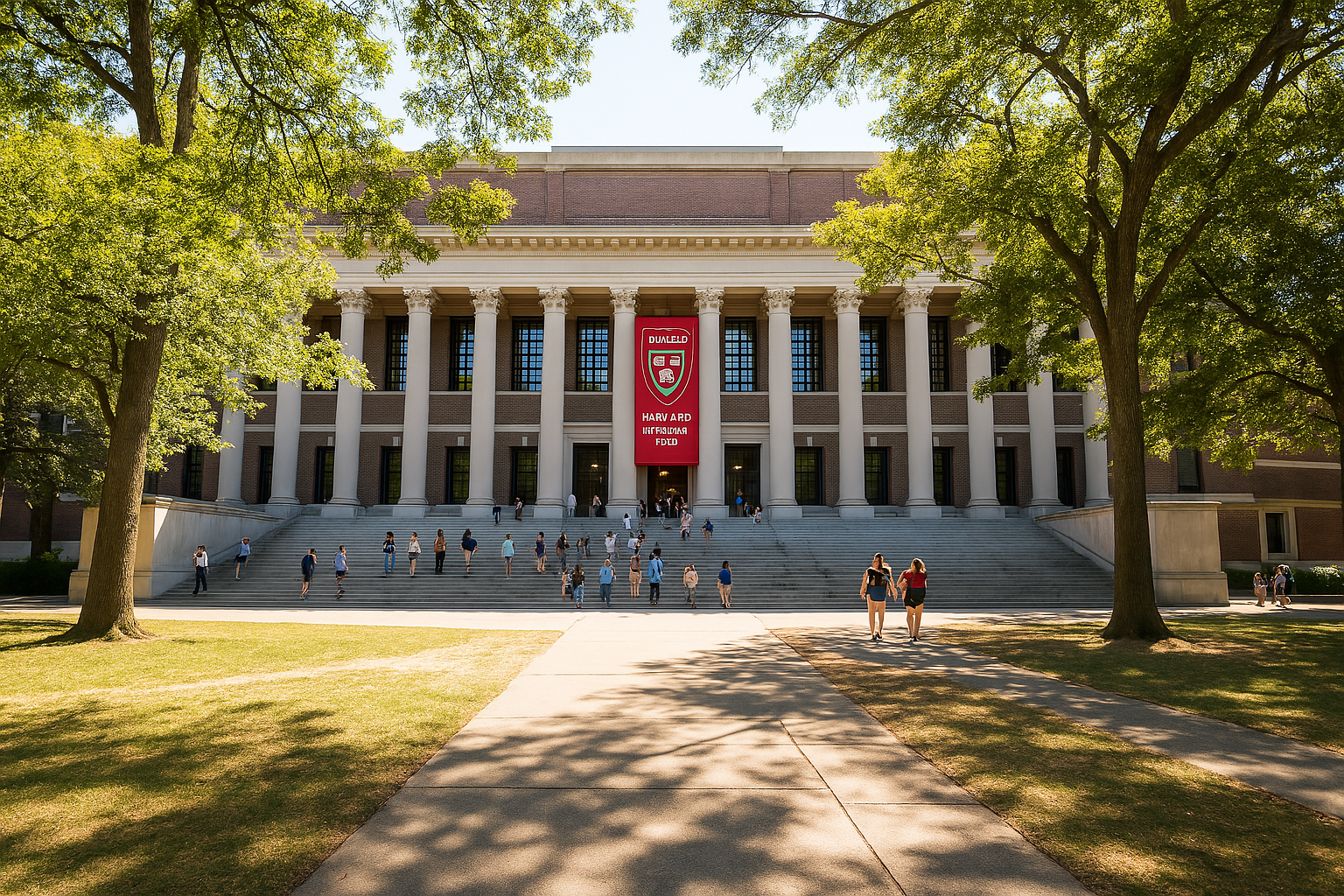
Legal Theater or Civic Resistance?
BOSTON (local time). In an era where the lines between politics and academia blur with increasing intensity, Harvard University and the Trump administration have entered a contentious and high-profile legal battle that could reshape the future of federal oversight of education, academic freedom, and public trust in American institutions. The courtroom clash over the federal government’s suspension of more than USD 2.6 billion in research funds to Harvard isn’t just a fiscal or legal contest. It’s a symbolic standoff, and in many ways, both sides are destined to lose, even if one appears to come away with a fleeting upper hand.
In a Boston federal courthouse, lawyers for Harvard stood across from representatives of the Trump administration, each side framing their narrative for the public and the judge. The government’s position? Harvard has allegedly enabled antisemitic environments on campus, especially in the wake of pro-Palestinian protests after the Hamas-Israel conflict. As a result, they argue, the institution should face not only reputational consequences but also financial ones, through the freezing of federal research funding.
Harvard’s defense, however, positions the university not only as a target but as a principled actor. It framed the funding freeze as a retaliatory move, politically motivated and designed to punish dissent under the guise of combating antisemitism. While Harvard may not win the legal argument outright, the case offers it a platform to project itself as a beacon of academic resistance, a standard-bearer for intellectual autonomy against perceived government overreach.
Legal experts suggest the university may earn a symbolic victory even if the funding remains restricted in the near term. By putting itself in the center of a high-stakes battle over free speech and campus culture, Harvard reinforces its brand as a champion of democratic values. It’s a calculated risk, one that may not deliver in court but could pay dividends in public perception.
Rallying the Academic Community
Outside the courthouse, the drama continues. Students, alumni, and faculty have taken to the streets and social media, largely rallying in support of Harvard. This groundswell of support underscores a key advantage for the university: narrative control. While the administration’s legal team argues the need for greater accountability, the public response has largely cast the effort as a partisan attack on higher education.
Online forums, editorial columns, and academic discussions increasingly frame the lawsuit as a threat to the academic community at large. Harvard, with its immense endowment and brand prestige, is uniquely equipped to weather the financial blow. Over the next four years, even without federal support, the university can fund many of its programs independently, though not without pain. Research labs, graduate fellowships, and community initiatives may still suffer.
Still, the community’s alignment behind Harvard is powerful. The collective voice of its constituents reinforces the perception that the school is standing on principle. And in the media-driven age of reputational politics, perception often outpaces policy.
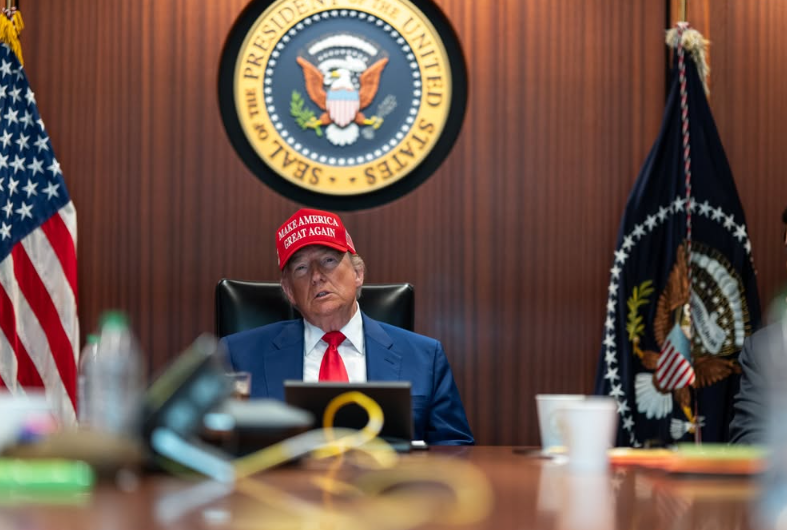
Political Escalation and Existential Stakes
As the battle intensifies, so do the stakes. The Trump administration has signaled that it’s willing to escalate the confrontation even further. Recent statements suggest that Harvard could not only lose federal research funding but also its tax-exempt status, an existential threat to its nonprofit model. Even more startling is the administration’s claim that Harvard could be prohibited from enrolling international students, a move that would shake the very foundation of its global academic presence.
The White House justifies these measures by pointing to a report that accuses Harvard of failing to act decisively against antisemitic incidents on campus. In the administration’s view, the university’s behavior constitutes a violation of civil rights statutes, warranting a complete withdrawal of federal support.
However, this sweeping approach is not without its costs. It opens the door to broader debates about executive power, federal overreach, and the politicization of education. Trump may view the crackdown as a show of strength to his base, but critics argue that it risks turning America’s most renowned universities into political battlegrounds. In doing so, the administration could find itself alienating not just Harvard but an entire sector of influential academic institutions.
Even if Harvard weathers the immediate consequences, the longer-term impact is harder to predict. The loss of federal funding could delay critical scientific breakthroughs, disrupt student aid programs, and complicate partnerships with other institutions that rely on federal grants. It could also prompt more universities to reassess their relationship with the federal government and with political leadership more broadly.
What makes this conflict extraordinary isn’t just the money or the legal maneuvering; it’s the existential questions it raises about the future of academia in the United States. Harvard’s ability to sustain itself financially through its endowment buys it time, but not immunity. Should Trump’s threats materialize, other institutions with less robust financial cushions could soon find themselves in the same crosshairs.
The legal and political firestorm encapsulates a broader crisis in American governance: the increasing willingness to use financial tools to enforce ideological conformity. In this environment, no university, no matter how wealthy or historically untouchable, is beyond reach.
And yet, Harvard’s decision to fight back, to take the matter public, and to position itself as a defender of intellectual freedom, may inspire others to do the same. Whether this strategy ultimately yields legal relief or not, it has already carved out a powerful message: that higher education must not become a pawn in partisan warfare.
Harvard may not walk away with a complete victory. But in losing, it could still win something greater, its reputation as a leader willing to defend principle over politics.

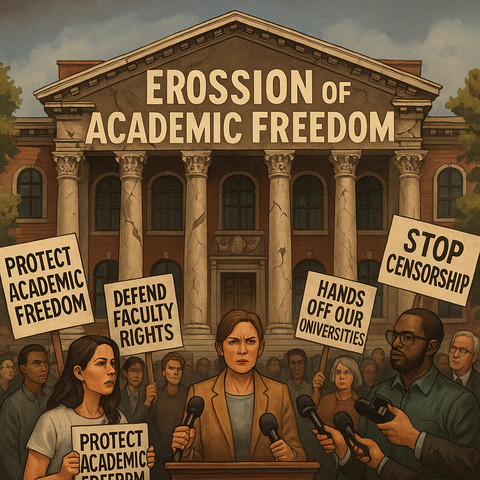

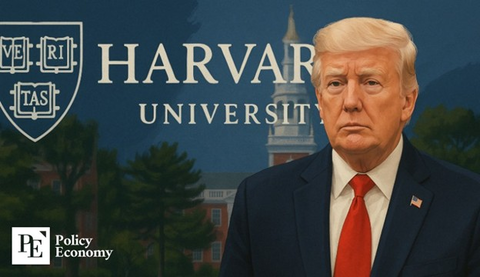
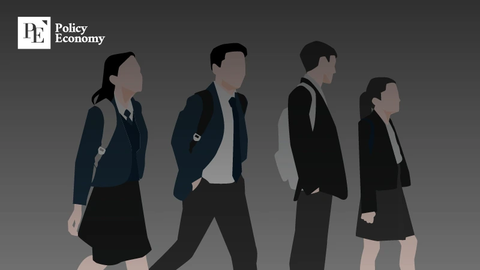
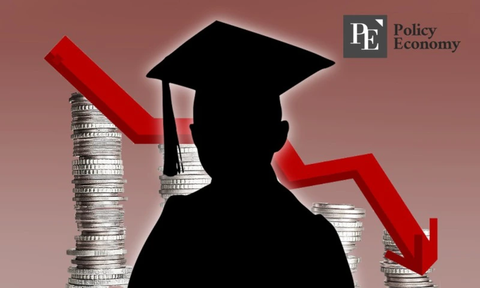
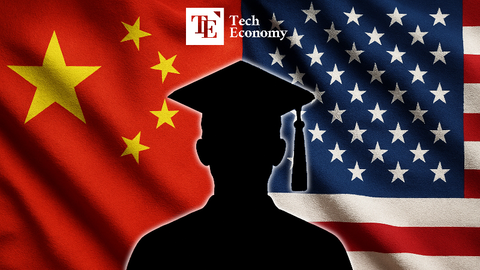
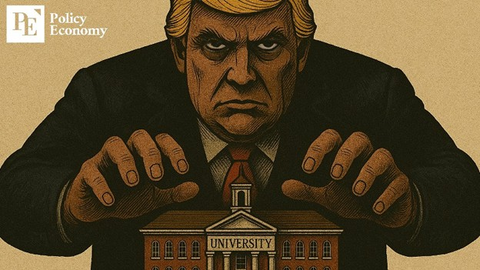













Comment